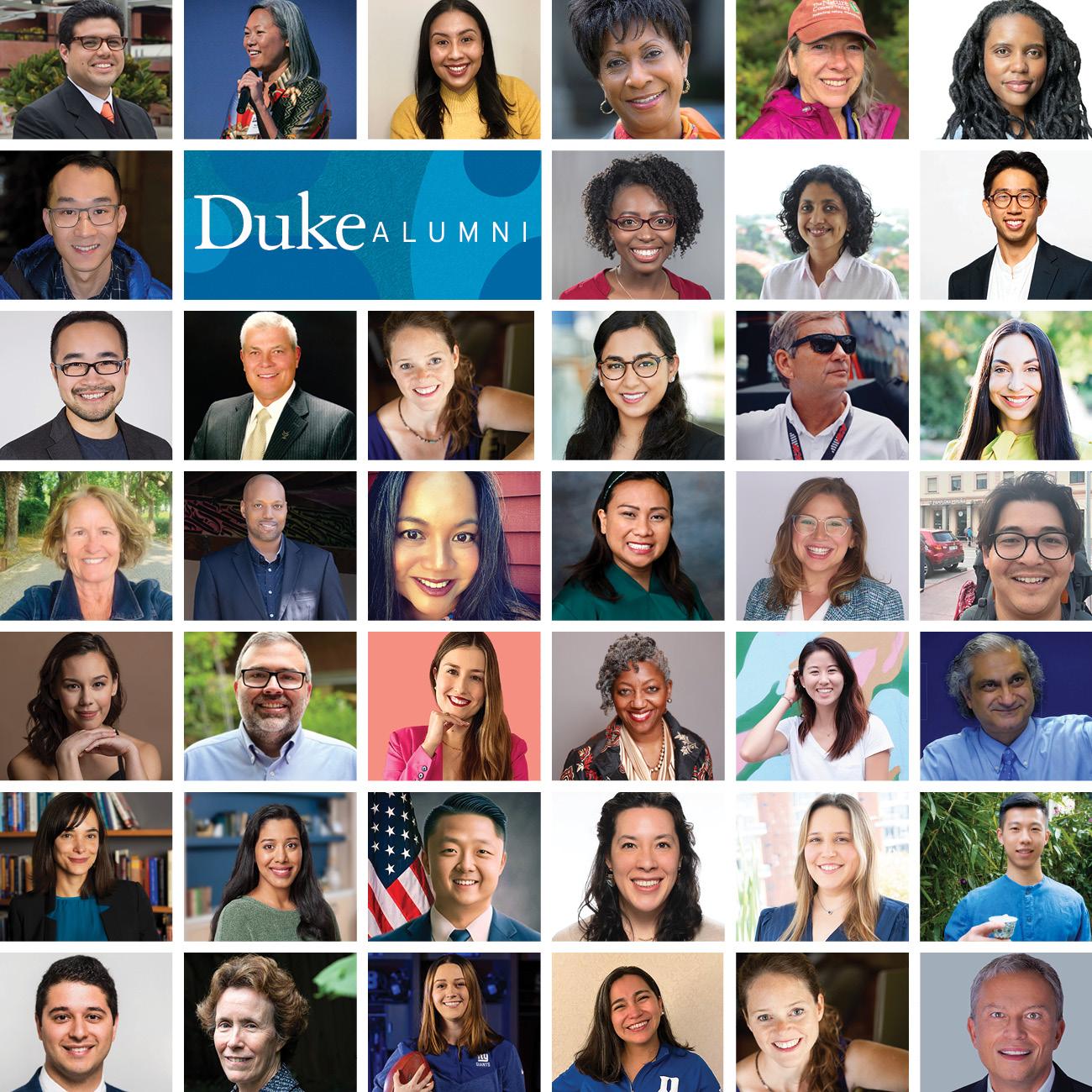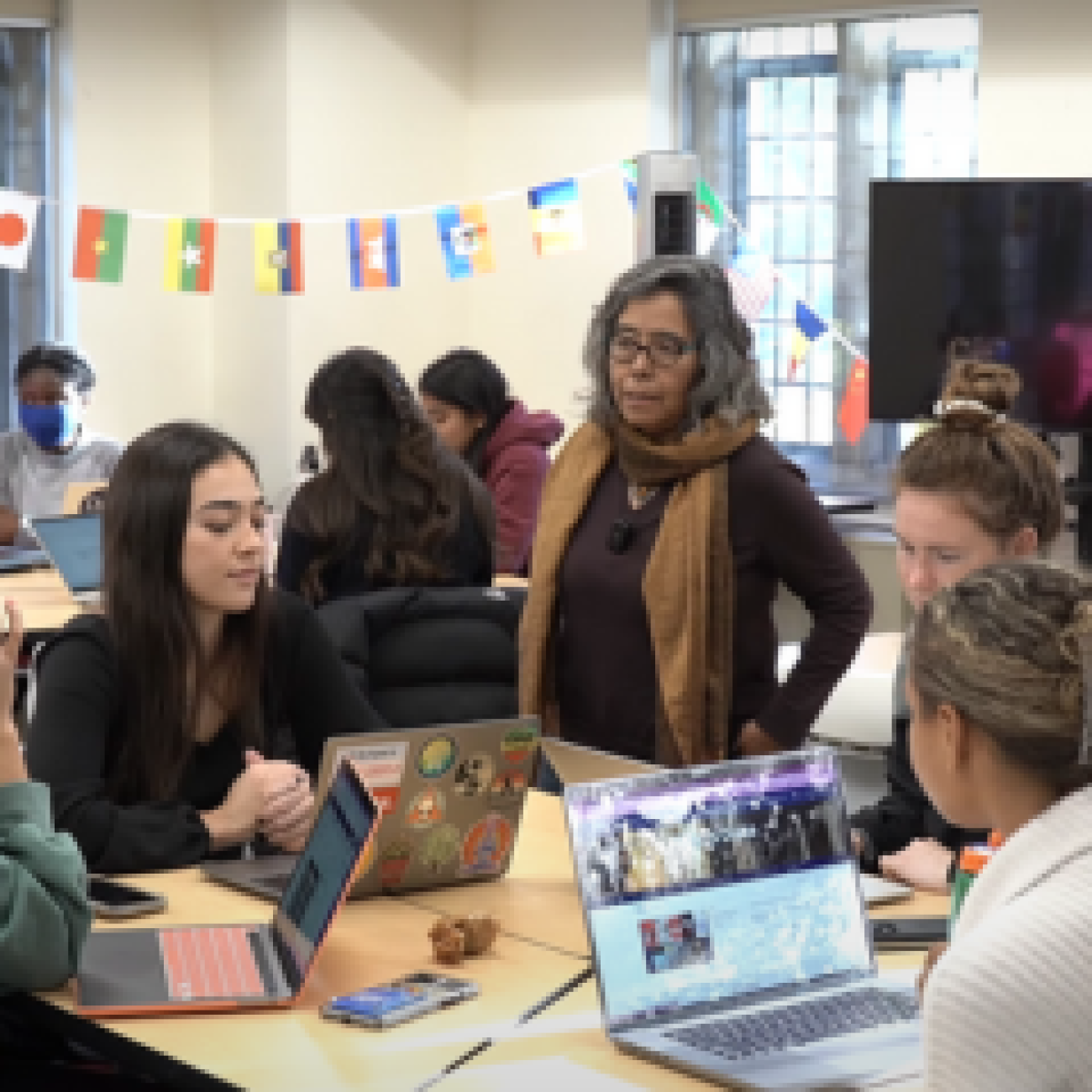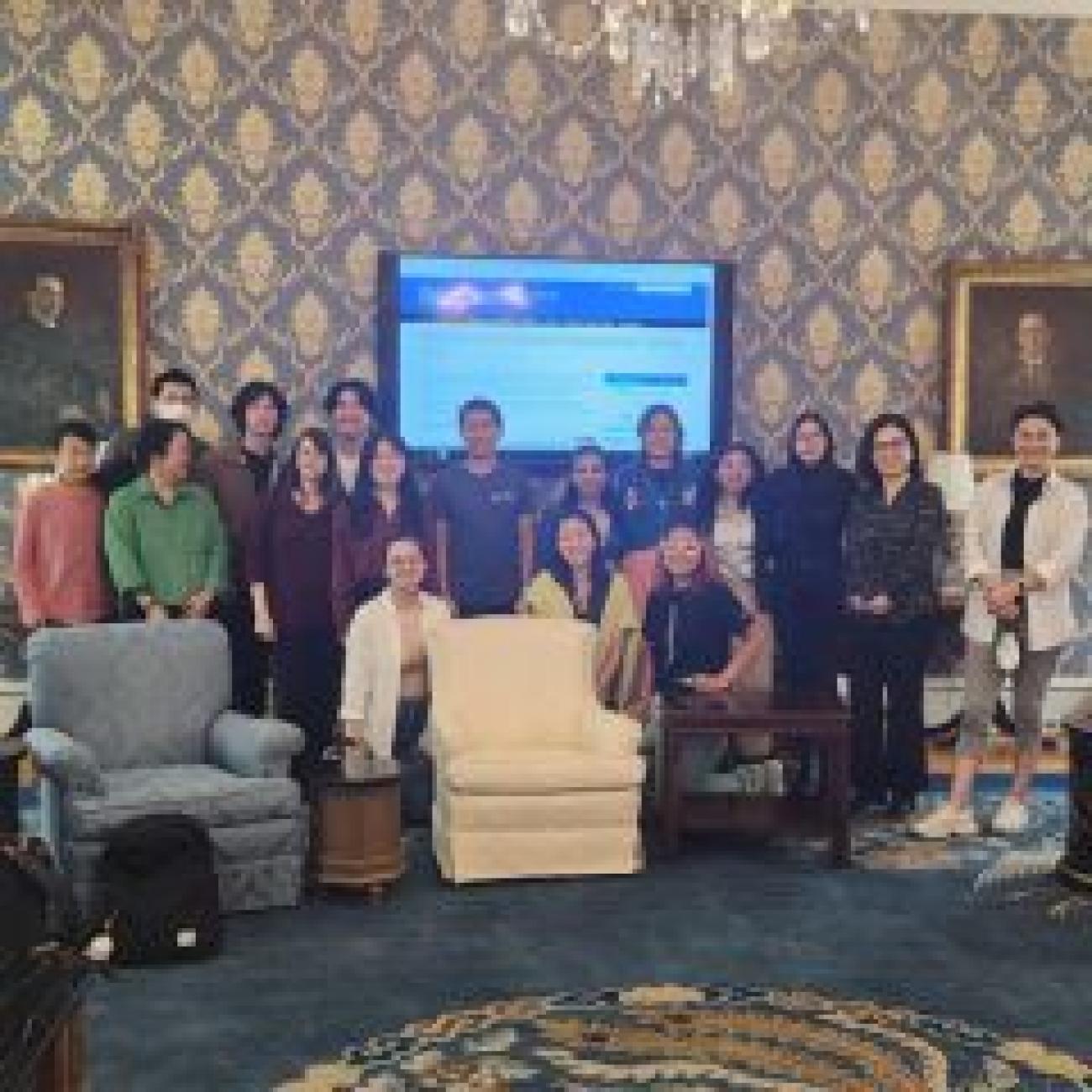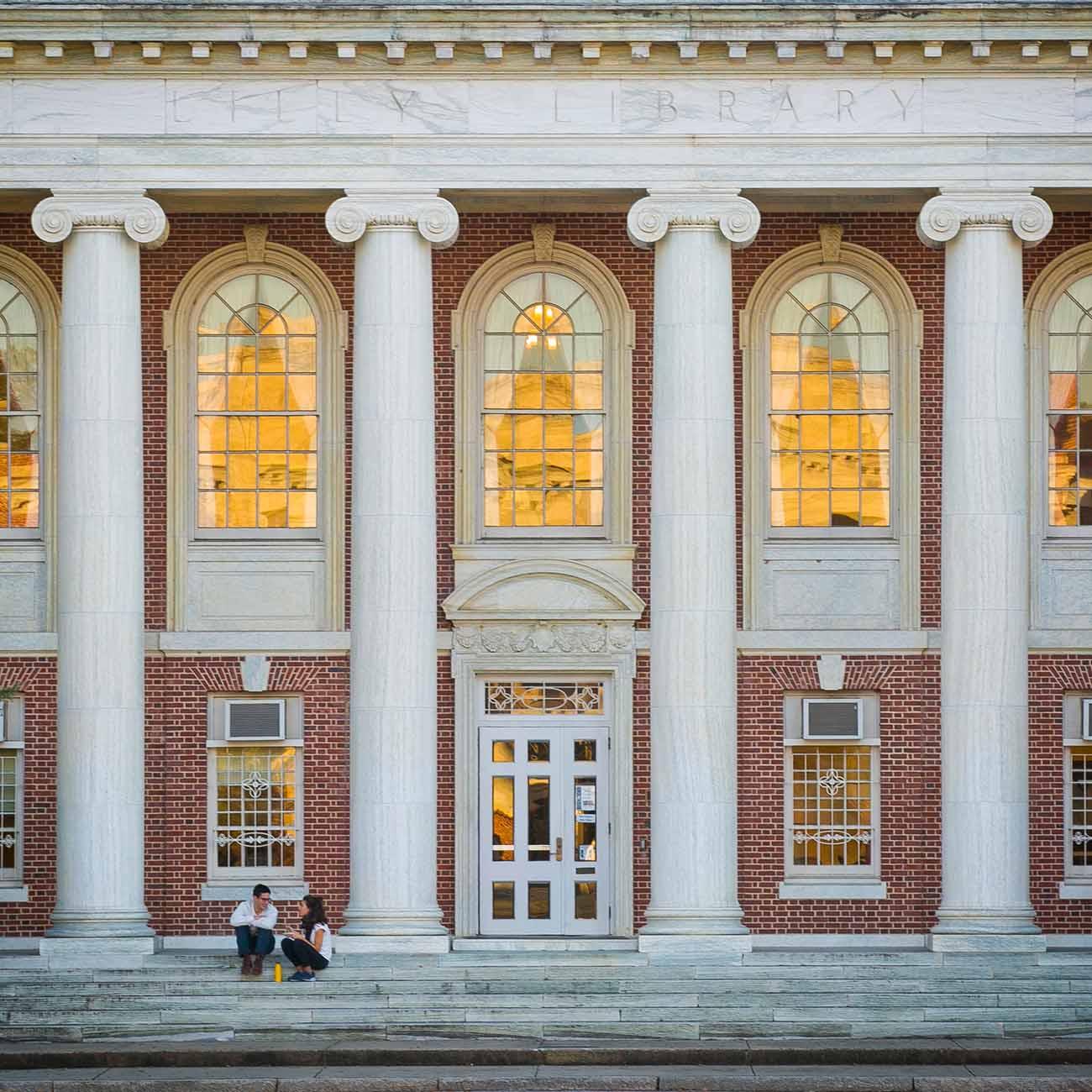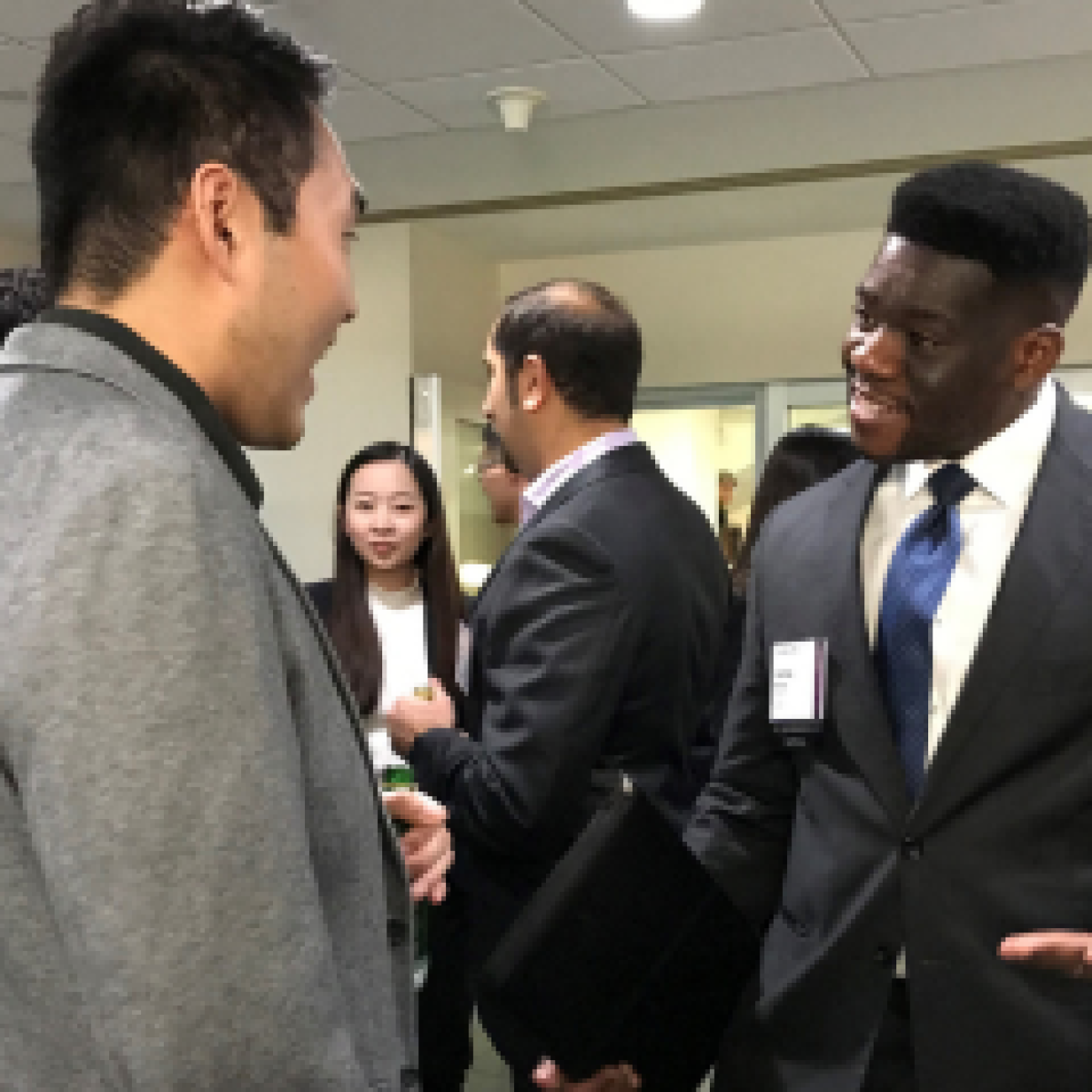Navigating Freedom
From an early age, as he grew up in Los Angeles in a blue-collar, immigrant family, Arturo Nava’s parents drilled into him that the ultimate achievement to strive for was education. Arturo worked hard at the goal of getting into college. He had strong mentors and family members to cheer him along.
He and his sister were the first in their family to go to college. Arturo got into Harvard, where he majored in sociology and received a minor in government. He also earned a language citation in Portuguese, which he can still speak today. He traveled throughout Latin America to see the world and spent time working at a public policy research firm. Understanding people, their backgrounds and walks of life, and how this ultimately informs the decisions they make and the opportunities they are presented with, has always been of interest to Arturo.
In LA, he’d seen examples in his community where people didn’t know the full protections afforded to them under the law, and he saw how this could be limiting or detrimental. He also noticed what leaders like U.S. Supreme Court Justice Sonia Sotomayor were doing through practicing law. In her, Arturo saw an exemplar of courage.
“She is an absolute inspiration,” Arturo says. “Her journey to the bench, including being from a working-class family, and then navigating these spaces during a time when diversity was even lower, is nothing short of incredible.”
Arturo says that watching people like Sotomayor succeed has provided him with an ethos that he leans on every day. It’s taught him that being an advocate for issues found within the Latinx community, while working hand-in-hand with that community, is a very powerful tool for change.
That’s part of the reason why Arturo, a rising 3L student, now finds himself at Duke University School of Law.
Liberty for the Vulnerable
At Duke Law, Arturo has gotten the opportunity to explore the power law holds in the lives of everyday citizens. This past year, things have been different, but Duke’s smaller program size and close-knit community have enabled him to have a fulfilling year full of memorable experiences.
During his second year, Arturo spent time in the Civil Justice Clinic with its director and clinical professor of law, Charles R. Holton, as well as clinical professor Jesse McCoy (formerly the James Scott Farrin Lecturing Fellow). The clinic is a partnership between the law school and Legal Aid of North Carolina. It enables students to work on real-world cases relating to housing, benefits, and protection from domestic violence and other issues. The clinic was one of the reasons Arturo chose Duke.
“Now it almost feels like a full-circle moment where I’m able to take part in the clinic under professor McCoy’s supervision. He’s been an incredible mentor through the public interest program.”
Seeing the need for eviction protections among staggering rates of joblessness, Arturo knows he is making a difference in Durham by getting to know his clients and their lived experiences and understanding their unique challenges.
“Being bilingual, it allows you to speak to a wider swath of the community that might be impacted by situations like this court case."
-- Arturo Nava, Duke Law student
“To learn about each individual’s housing condition — why they came to seek our assistance, to get a holistic picture of what their living experiences have been like — you have to listen with a sympathetic ear,” says Arturo. “You want them to not feel guarded when they’re sharing their experiences, so they can open up in a way that allows you to best advocate for them.”
Through the Public Interest Law Foundation at Duke Law, Arturo spent time in the summer after his first year at the Mexican American Legal Defense and Educational Fund (MALDEF). At MALDEF, one of the cases he worked on involved families who faced a school closure.
The argument being built by the team was that the closure was happening on a discriminatory basis. To understand what was happening, Arturo and his colleagues had focus groups in both Spanish and English. They wanted to hear from parents who were being affected by the potential closure. They knew that by listening closely, they’d get answers.
“Being bilingual, it allows you to speak to a wider swath of the community that might be impacted by situations like this court case,” says Arturo. MALDEF provided Arturo with a window into the type of work that might lie ahead in a public interest and civil justice career.
“In order to live in an equitable society, you want to ensure the most vulnerable in society have access to liberty, the pursuit of happiness, and civil rights. This nation was founded on those principles of freedom,” says Arturo.
Duke experiences like these have highlighted for him the need to pay it forward. Arturo’s been able to do much of that work as the former president of the Latin American Law Students Association (LALSA), which draws from the experiences of folks from all over. Arturo likens it to a layering of cultures and ideas within the Latinx community, bringing the very best to Duke. He also supports the First Generation Professionals (1GP) group at Duke Law, which helps first-generation law students find professional development opportunities to better understand the career paths available in the legal profession.
Arturo finds it rewarding helping students who are only just a few years behind him on the path to practicing law. “Paying it forward, mentoring others and guiding them through the process, that’s been very fulfilling and enriching,” he says.
After all of Arturo’s groundwork, LALSA was able to launch its inaugural “Latinos in the Law” series this past year. The series brought Latinx individuals practicing law in corporate settings and as members of the judiciary to Duke so students could learn about their experiences and perspectives. The impact it left was long lasting.
A Moving Legacy
Arturo’s numerous experiences at the law school are possible because of support from the Duke community. By providing students with real-world legal education through clinics and externships, helping to recruit and retain renowned faculty, and alleviating student debt via financial aid, Annual Fund serves as the backbone of the law school. Not only does it enable Dean Kerry Abrams to advance the school’s aspirations and address pressing needs in real time, the Law School Annual Fund helps the university serve local communities in Durham and throughout North Carolina.
Arturo is proud of the institution he’s found in Duke. He’s forever grateful for what’s ahead, in part afforded to him by the Thomas Jordan Memorial Scholarship.
Established in 2012, this scholarship was endowed by Nora Jordan J.D.’83 and Allen Reiser J.D.’83 in honor of Jordan’s late father Thomas. In the 1950s, Thomas Jordan immigrated to America from Ireland. With him, he brought a hardworking mindset and a wish to learn more about the world.
Although he only had a grade school education, between working multiple manual labor jobs he read avidly and shared with his seven children a passion for engaging with the world through education. This resulted in Nora and her siblings achieving significant success in their careers.
This generational extension of knowledge and hard work is something that resonates with Arturo, the current scholarship holder, as its financial assistance propels him through Duke to an unparalleled legal education and all that it brings.
“Being a recipient of the Thomas Jordan Memorial Scholarship itself is an absolute honor,” says Arturo.
“In reading about the background of Mr. Thomas Jordan, I see a lot of parallels to the experiences of my own parents. Carrying that legacy forward is an honor.”








